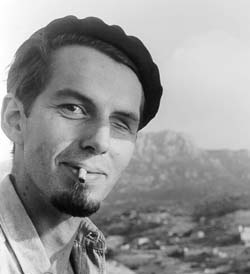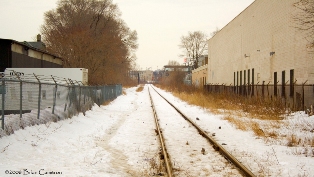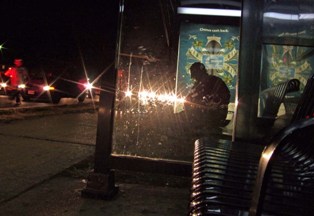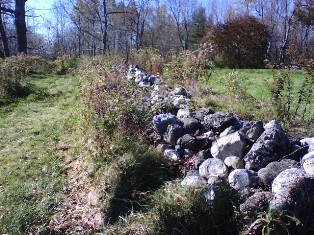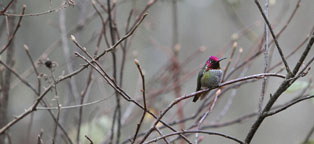Happy Presidents Day!

Citizenship 101
close the blinds
snuff the candle
fasten the shutters
douse the lamp
pull the shades
don’t ask questions
believe the lie
smile and nod
obey the law
cover your ears
shut your mouth
take your seat
toe the line
pull your weight
watch your language
step right up
place your bets
take your pick
know your place
keep the peace
respect your elders
follow the rules
take it easy
expect the worst
don’t ask why
clean your plate
eat your veggies
wipe your feet
find your name
get in line
sign right here
read the label
write this down
answer the question
raise your hand
recite the pledge
say your prayers
sit up straight
stop right there
do your chores
wash the dishes
do the laundry
empty the trash
mow the lawn
shovel the walk
walk the dog
mind your manners
stand your post
post no bills
salute an officer
straighten your tie
tie your shoes
bow your head
kiss the ring
don’t be late
tote that barge
lift that bail
pay your taxes
pay your bills
pay the fine
pay the piper
follow the crowd
tell the truth
name the names
reveal your sources
betray your friends
kill your enemies
respect the flag
swear your loyalty
sit back down
swear your loyalty
sit back down
swear your loyalty
sit back down
swear your loyalty
sit back down

